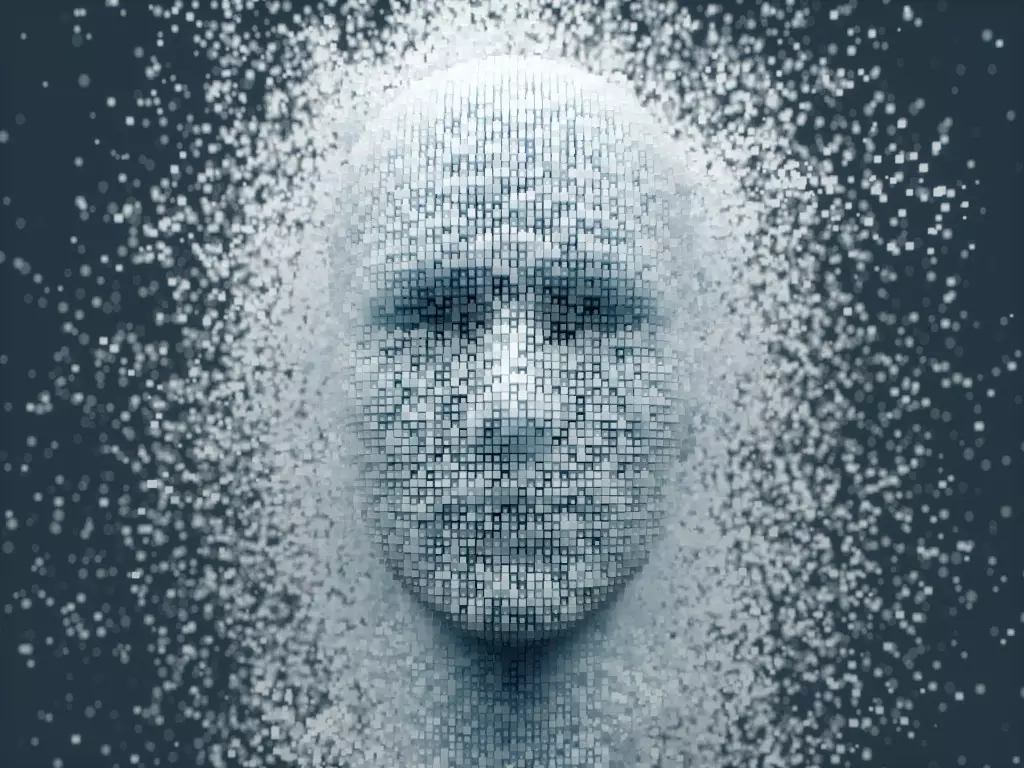In a groundbreaking development, Britain’s actors are confronting a deeply troubling trend in the entertainment industry: the unconsented digital scanning of performers. This alarming situation has been brought to light by Equity, the national union for performers, which has reached out to organizations like Pact to demand accountability and transparency in the era of artificial intelligence. With some of the industry’s most respected names, such as Tamsin Greig and Nicola Walker, rallying behind this cause, the stakes have never been higher for working actors across the UK.
The crucial element in this scenario involves the methods by which artists’ likenesses, performances, and personal data are being ensnared during the filmmaking process. Without clear protocols or consent, performers risk having their digital selves appropriated for AI training, which is both ethically dubious and potentially damaging to their careers. The urgency of this situation is underscored by Equity’s alarming claim that thousands of actors have been scanned without informed consent, raising serious concerns about exploitation.
Negotiations Under Duress
With negotiations between Equity and Pact ongoing for almost a year, discussions about AI protections have proven to be a significant sticking point. So far, the negotiations have been marked not by positive strides, but by frustration and the possibility of industrial action, should they continue to stall. Paul Fleming, the re-elected General Secretary of Equity, sent shockwaves through the industry with his declaration of the union being “industrial action ready.” This statement lays bare the gravity of the situation, suggesting that actors are poised to take drastic measures to defend their rights.
The open letter released by Equity prior to crucial negotiations expresses the urgent need for safeguards against AI exploitation, further emphasizing that the lack of progress in these discussions is unacceptable. It’s clear that performers in the UK are not merely asking for respect; they are standing firm in their demand for protections that acknowledge their fundamental rights as artists.
The Blueprint for Change
As the landscape of the entertainment industry evolves with the integration of generative AI technologies, there is a pressing need for a regulatory framework that can effectively respond to the unique challenges posed by these innovations. Equity seems to be taking steps in this direction, drawing inspiration from recent agreements made by their U.S. counterparts, SAG-AFTRA. However, this is not merely about copying existing frameworks; it’s about tailoring these solutions to the cultural and operational context of the UK.
Proposals put forth by Equity for new collective agreements reflect an understanding of the diverse categories of performers, including not only leading actors but also dubbing artists and supporting roles. This emphasis on inclusivity is commendable and recognizes that the stakes differ across various facets of the profession. Equity’s insistence on “important provisions on AI training” highlights a proactive approach to addressing the nuances of AI’s impact on the industry.
Challenges and Opportunities Amidst Uncertainty
The complexities deepen further with conflicting agreements between broadcasters like the BBC and ITV and Equity itself. The absence of AI protections in current contracts presents a troubling conundrum, as these organizations are hesitant to include safeguards until negotiations with Pact reach their conclusion. This scenario creates an atmosphere of ambiguity that not only affects the current workforce but could potentially deter future talent from entering the industry altogether.
In the face of these injustices, Equity’s campaign represents not just a resistance to exploitation but a broader call to reinforce the value of artistic integrity within the digital age. As the UK government contemplates legislative changes that would require copyright holders to opt-out of having their material used for AI training, the conversation is shifting from one of passive acceptance to active engagement in shaping policy.
This is not just a moment of crisis; it’s a chance for artists to redefine their place in a rapidly changing landscape. As performers unite to assert their rights, the potential for creating a more ethical and sustainable industry is palpable. With heightened awareness and solidarity, the outcome of this battle against unconsented AI exploitation could set significant precedents for not only the UK but the global entertainment sector at large. The crystal-clear message from the frontlines is that the dignity and rights of performers must be at the forefront of any technological advancements.

